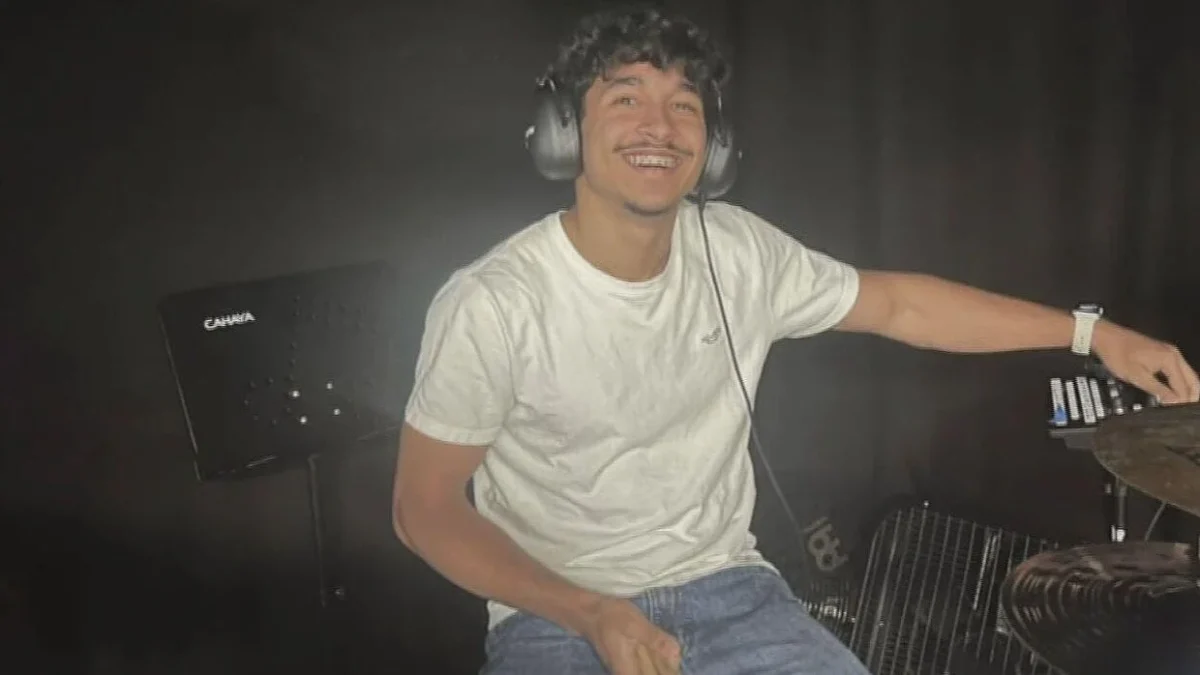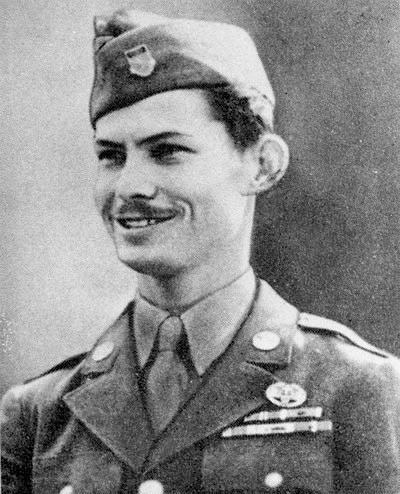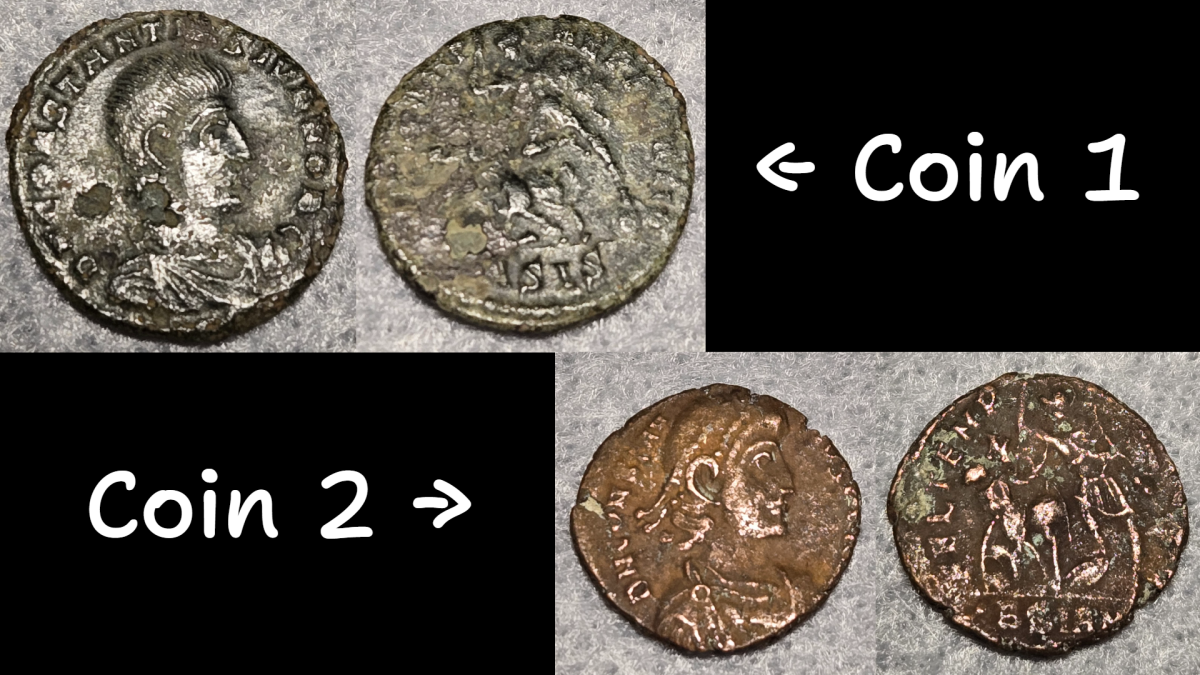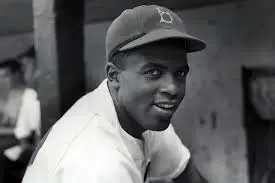Life Happens
December 18, 2019
They always tell you to make the most out of the time you have with the people you love, because you never know how much time you have left. So, with that, my mom, two kid sisters, avó (grandmother) and I packed our bags and went to Portugal for sixteen days over the summer to go visit the family I hadn’t seen since my last visit at the age of seven. This was my sisters’ first time meeting everyone, and my mom hadn’t seen these people she grew up with in years. Of course, I could only remember bits and pieces from my last trip with my grandmother, but I was excited to be back.
The trouble with having relatives in other countries is the fear of never seeing them again. My aunts and uncles and cousins are all older than me, many already adults and most well into the middle stages of elderly life. I couldn’t help but feel that this was my last chance to see many of my relatives, a feeling that scares me more than I can describe in words. It added that inevitable sense of melancholy to the trip; this was going to be just as much a goodbye as it was a hello. Alas, I have always refused to be negative in times that did not need anything but the positive, so it was with a pep in my step that I boarded that plane to Lisbon.
My step lost a significant amount of pep after the second flight from Lisbon to Porto because of my insurmountable jet lag, but I was excited to be in the country nonetheless. My tío (uncle) took us to his house in Braga, and then we made our way to his house in the village that we’d be staying in called Morgade, near Montalegre. It’s a small village, with dirt roads and cows passing by to and from the pasture, but it felt like an old friend of mine. I remembered the cobblestone house across from tía Ana’s house that she, my avó, and the rest of their siblings and family lived. It’s absolutely tiny. My mother told me it served as a kitchen and a bedroom for the parents, though my memory has never served me well with these things.
Perhaps I should reroute myself. The house we were staying in was right on the outside of the village, and it blew me away. My avó, being the old, superstitious, worrisome lady she is, told my sisters and I to stay off the grass, so the rats don’t bite us and infect us. I don’t doubt that there were rats in that yard, but I’m sure none of them were going to pop up at any given moment with malicious intentions. Good luck explaining that to her, though.
The house was made of a stone exterior, and had a fence with a gate around it so it didn’t get robbed or broken into. Now, I don’t mean to make this place sound anything less than gorgeous – half of my family is in that village – but with being in rural Portugal as foreigners, especially without a male figure in the house (the patriarchy’s contribution to this article), we could never be too safe. Anyways, the house serves part-time as a vacation house for my cousins, but because it is rarely used each year, every corner of every wall served as a home for brown house spiders. They’re harmless little creatures, really, but I think it must have taken me two nights before I could sleep without thoughts of them crawling in my hair while I dozed. I even named some of them, so I could keep track of where they decided to move to in the middle of the night. There was Mildred, Bob, Dan, Barbara – even the housefly had a name, though it escapes me. The house smelled musty, though I seemed to be the only one who didn’t mind that.
And so there we lived for three-quarters of the trip. The daily routine consisted of going to visit family, going to visit family, and (you guessed it): going to visit family. We would go grocery shopping every few days for food. Fun fact: milk is sold in boxes in Portugal, and the food there is a million times better than the stuff they serve here. I’m completely unbiased when I say that, too. I visited some people daily, others semi-daily, and others only once. It was my older relatives that saddened me whenever we left, though luckily we seemed to see them within that daily category.
If I kept track of anything, it was how many dogs I got to pet. It must’ve been at least eleven, and I have the tallies to prove it. One cousin of mine has a multitude of dogs, for things like hunting and whatnot, and they are all as content as a kid in a candy shop. She had three puppies my sisters and I played with for three days straight. The puppy I still think about the most, though, is a small little pup I named Maia. When we first came over, she didn’t come out of the cage because of her separation anxiety with her mom. The next day, though, I picked her up and brought her and the other puppies back to the house. Within an hour, she went from trembling in my arms to bouncing around and causing mischief wherever she deemed fit.
I saw my tía Maria in the nursing home my cousin owns. She used to live with us before she had trouble with walking, and I hadn’t seen her in two years. She looked positively radiant. The nursing home was amazing. They home cook all their meals, do crafts, go on field trips, have weekly manicures, the list goes on. I think I failed to realize how expansive my family truly was until that moment.
Another memory is of the feira, which directly translates to “market.” After my time in the village, I lived with my aforementioned tío in Braga. I went with him, his wife, and my cousins to the feira, and I absolutely adored it. It was like a flea market, but it had everything under the sun. Clothes and shoes and dresses and kitchen ware and souvenirs and knife sets and food and underwear. While I’m on the subject, if the food there is a million times better than the food here, than I’d say the fashion there is a billion times better than the fashion here. I came to find out that most clothes get imported from places like Paris, and never before have I felt so stylish in my life than in those moments where I was trying on shirts and pants and dresses. I even bought my junior prom dress there. I loved that day so much. I don’t recall a time that I’d ever felt so at ease with the world, with myself.
Within sixteen days, I lived in a village, saw people I never thought I’d see again, climbed a castle, shopped until I dropped, saw my family, young and old, and made memories I never knew I could redeem. I developed an even greater sense of appreciation for the beauty of travel and of the cultures of the world, cultures I had the honor of being born into. I still have a yearning to travel the world, and I owe it to this trip.
Panic set in around two days before we were scheduled to leave.
Life in Portugal is slow and easy-going. The thought of going back to the place I’ve been confined to for the last sixteen years of my life made me want to cry. I wanted to stay. I wanted to stay and then explore whatever else Europe had to offer me. I couldn’t face the thought of going back to doing my summer assignments and training for soccer tryouts and going through the motions again. So, when I woke on the morning of the day that we were heading to the airport, I thought my sadness was normal.
As the ride went on, I felt more and more heavy. I felt like I could cry, but this time, it was not because I was leaving. I couldn’t put my finger on it yet, but part of me left when I woke up that morning. By the time we were at Logan Airport, I was absolutely miserable, and for some reason, I couldn’t help but think about my American grandmother, who was in dialysis but was said to be doing fine. I stood there with my family, looking down at the ground so no one could notice my silent tears. The thought of trying to explain unexplainable sadness is enough to make someone pretend that they haven’t cried in a thousand years, so as to avert any and all questions from bystanders.
We’re sitting in the travel bus on the way home.
We’re sitting in the travel bus when my mom gets a call from my dad.
All I can remember her saying is, “is she ok?”
That was all it took for everything to make sense to me, there, in that very moment. So I knew she was lying when I later texted her, “Is Grammy ok?” I knew what news was waiting for me when I walked through the doors of reality. My only response to my tearful father could only be “I know,” before hugging him the same way I knew to hug him when I first woke up that morning. My only response was to forget those sixteen days, just for a brief moment, and to have the past sixteen years of my life here come flooding in.
I never got my formal goodbye, though no one really does. She called us before we left, to wish us a safe trip. I like to think of that as her farewell to my sisters and I. My father told us she was feeling fine that day. She’d asked for a sandwich for lunch, ate half, and took a midday nap that she’d never come to wake up from. It was said to be one of the most peaceful passings that could occur. My heart wants to scold me for not coming over enough at times, for declining some of the offers to sleep over when I was seven, but for the sake of myself, I simply cannot dwell on it. To dwell on regret is to succumb to immortal punishment of the soul. My grandmother would never want that for me.
I played terrible in my soccer game that day, of which I cared very little for. I only told a few people of the news. Most have no idea to this day, a choice I made then that I feel no differently towards. I made four friendship bracelets in a two day period, because my hands were itching to preoccupy themselves. I even agreed to speak at her funeral, and I did so with poise and grace, or so I’m told. I didn’t want to cry during it, so I saved my tears and spoke, because I couldn’t bear the thought of my message being clouded with whimpers and trembles.
I still think about her. I think about all the memories, all the laughs, all the Thanksgivings and Christmases and Easters. I think about how I embarked on a trip to see people one last time, only to come home to the most unexpected loss I could fathom at that time. It’s a cruel irony, but I think I’ve taken away a lesson: the time you have is precious. There is no way to prepare for anything that may happen, so treat it as though it’s the last time. Look at your family, your friends, the people you love, and treat every moment as if you haven’t seen them since you were seven. Treat every moment like there is no tomorrow.
I miss Portugal. I miss my grandmother. I miss the way it used to be, and I miss who I was. But, I remain positive. I like to believe on the other side, in the place where we all rejoice one day. I like to look back on my time in the country as time well spent, with people I love dearly, and I do the same with my grandmother even more. I write this article months later, after having dealt with the brunt of the grief, happy and thankful for everything I have experienced with the people I love.
So, it’s with a melancholy, peppy, positive little heart that I leave you with the infamous words of Dr. Seuss: “Don’t cry because it’s over. Smile because it happened.”























